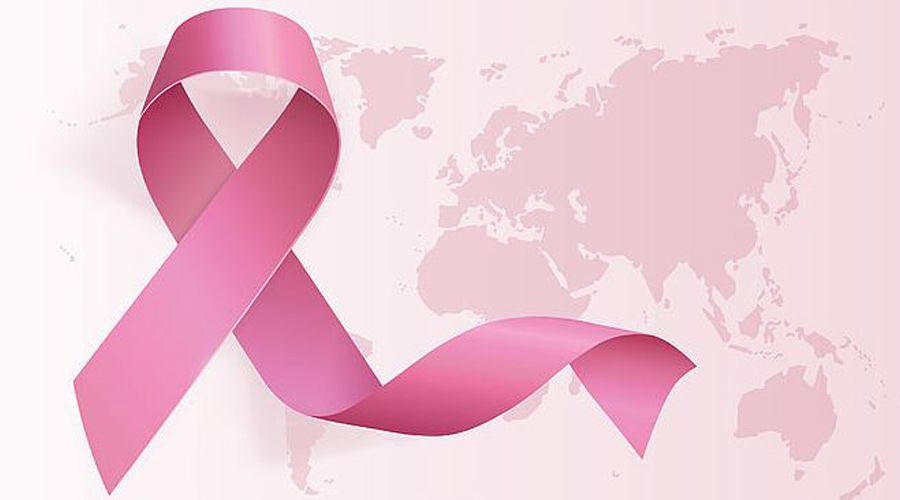A member of Parliament on Thursday sought Prime Minister Narendra Modi’s intervention to make available generic versions of three patented drugs for breast cancer that patients’ rights groups say are currently priced at Rs 48,000 to Rs 95,000 per month.
Lorho Pfoze, the MP from Manipur, has asked the Centre to invoke provisions in Indian patent laws to facilitate production of generic versions of the three drugs — abemaciclib, palpociclib and ribociclib — prescribed to women with advanced metastatic-stage breast cancer.
At their current prices, patients have to pay Rs 6 lakh to 12 lakh per year to extend their life by 12 months, Pfoze said in a letter to Modi that also cited observations by a parliamentary panel that local production could expand access to such medicines.
The parliamentary standing committee on health, in a report on cancer treatment in the country released earlier this month, had noted that about 40 per cent of cancer hospitalisation cases are financed mainly through borrowings, sales of assets, and contributions from friends and relatives.
Pfoze has urged Modi to appoint expert panels to examine the availability of various cancer medicines in the country and the option of providing free comprehensive cancer care.
Patients’ rights groups have said that abemaciclib, palpociclib and ribociclib would qualify for government action to enable generic production because they fulfil an unmet need in the country.
A briefing document prepared for health policy makers by the Third World Network, a patients’ rights group, earlier this year said two domestic companies — Natco Pharma and MSN Laboratories — had obtained marketing approval from India’s apex drug regulatory authority for ribociclib and palpociclib.
But foreign pharma companies that hold the patents on these medicines have sued both Natco and MSN Laboratories for patent infringement, the document said.
“These patent infringement suits have prevented the Indian companies from producing the affordable generic versions of these medicines.”
The high costs of the patented drugs are “denying chances” to prolong life to thousands of women with advanced metastatic breast cancer.
“The current situation needs urgent action,” the document said, adding that the compulsory licence provision in patent laws allows the government to authorise generic manufacturers to use the patent on payment of adequate remuneration to patent holders.











